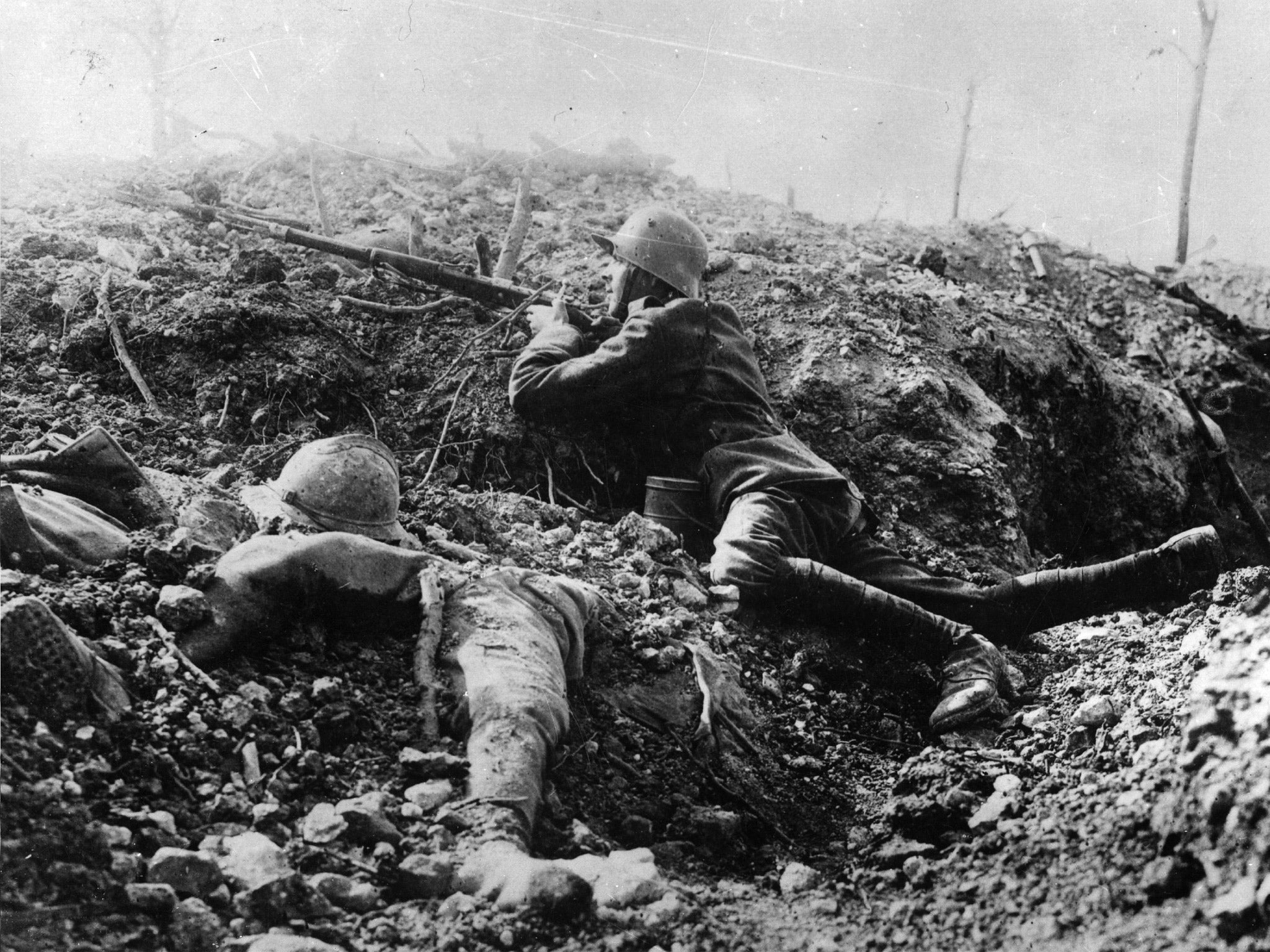A most surprising peacenik: Historian Niall Ferguson says Britain should have stayed out of WWI
The Harvard University professor says the country paid too high a price in terms of the lives lost and the vast debts that were run up during the conflict

Britain should not have gone to war in 1914 and the decision to do so was the “biggest error in modern history”, according to the historian Niall Ferguson.
The Harvard University professor said that Britain was ill-prepared for the First World War and paid too high a price in terms of the lives lost and the vast debts that were run up during the four-year conflict.
He also said the UK could have “lived with” an initial Germany victory over Russia and France and dealt with Germany's vast new European empire later.
“We should not think of this as some great victory or dreadful crime, but more as the biggest error in modern history,” Professor Ferguson said in an interview with BBC History Magazine.
“The cost, let me emphasise, of the First World War to Britain was catastrophic, and it left the British Empire at the end of it all in a much weakened state.
“It had accumulated a vast debt, the cost of which really limited Britain's military capability throughout the inter-war period. Then there was the manpower loss - not just all those aristocratic officers, but the many, many skill workers who died or were permanently incapacitated in the war. The death toll… was the most painful thing that Britain has ever experienced in war.”
Instead of going to the aid of neutral Belgium after Germany invaded, it would have been in “Britain's interests to stay out in 1914,” he said, even if this had led the defeat of France and Russia.
“Britain could indeed have lived with a German victory,” he said.
He said a victorious Germany would have had a ”pretty massive challenge on its hands trying to run the new German-dominated Europe and would have remained significantly weaker than the British Empire in naval and financial terms“.
“Given the resources that Britain had available in 1914, a better strategy would have been to wait and deal with the German challenge later when Britain could respond on its own terms, taking advantage of its much greater naval and financial capability,“ Professor Ferguson said.
“Creating an army more or less from scratch and then sending it into combat against the Germans was a recipe for disastrous losses. And if one asks whether this was the best way for Britain to deal with the challenge posed by imperial Germany, my answer is no.
“Arguments about honour of course resonate today as they resonated in 1914, but you can pay too high a price for upholding the notion of honour, and I think in the end Britain did.”
Join our commenting forum
Join thought-provoking conversations, follow other Independent readers and see their replies
Comments
Bookmark popover
Removed from bookmarks